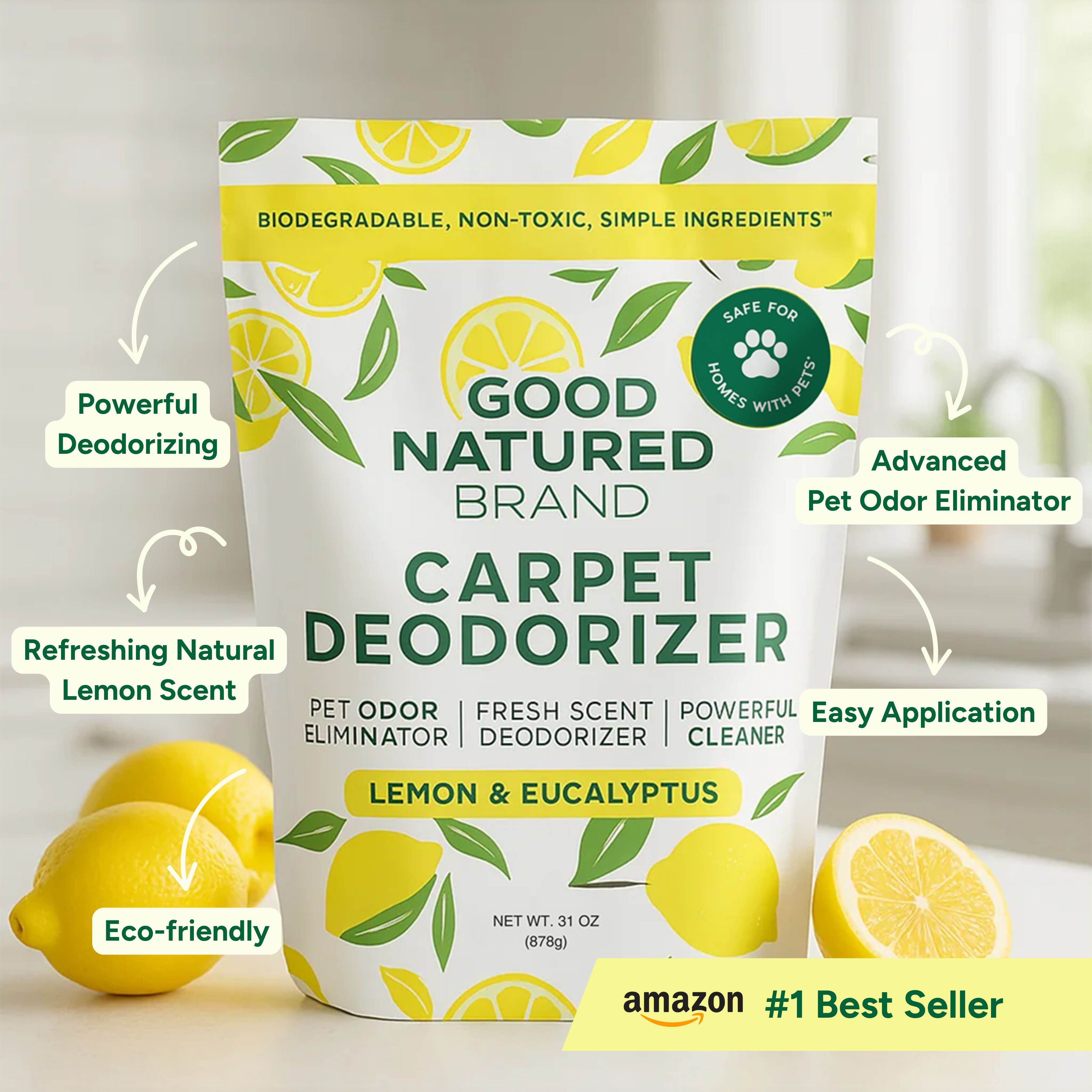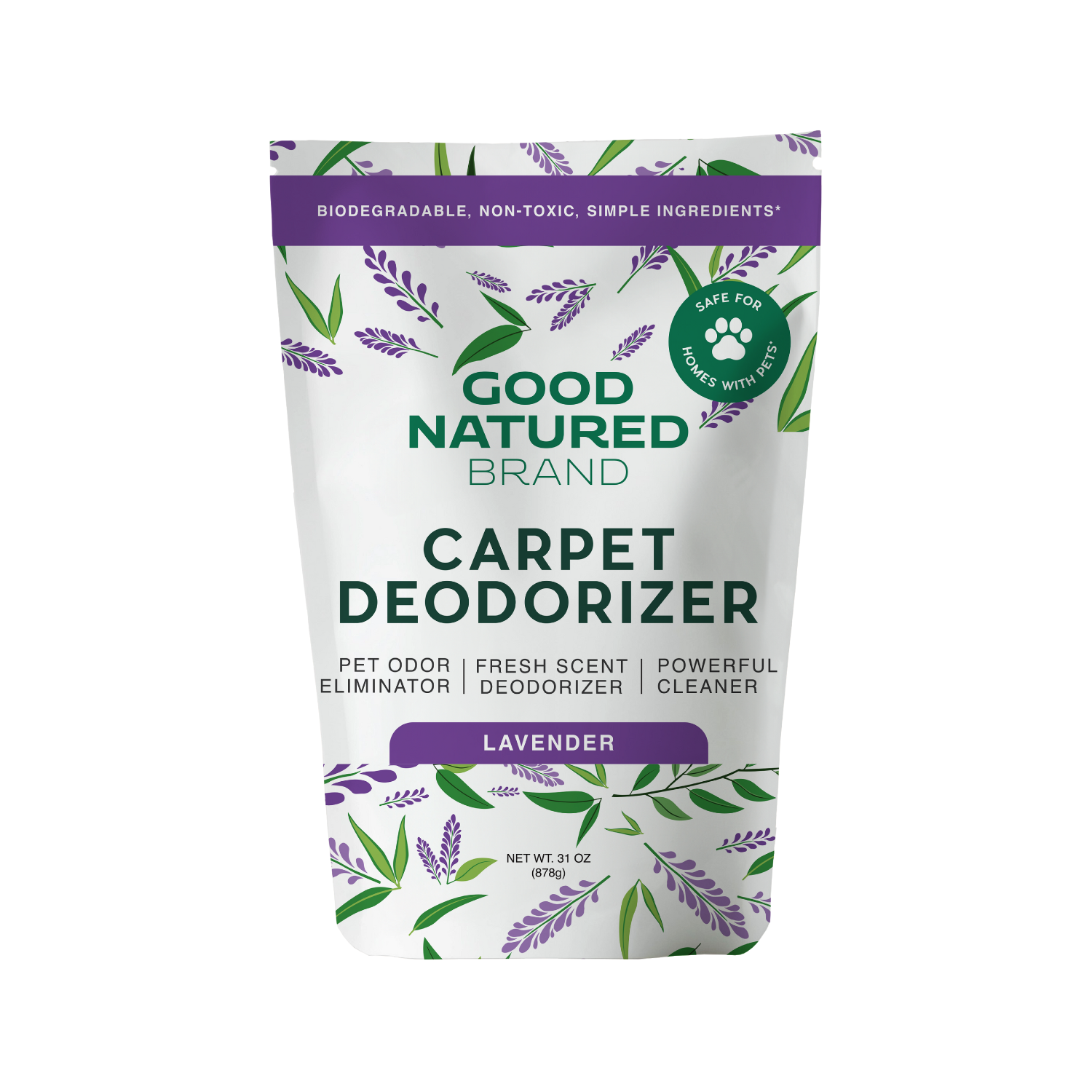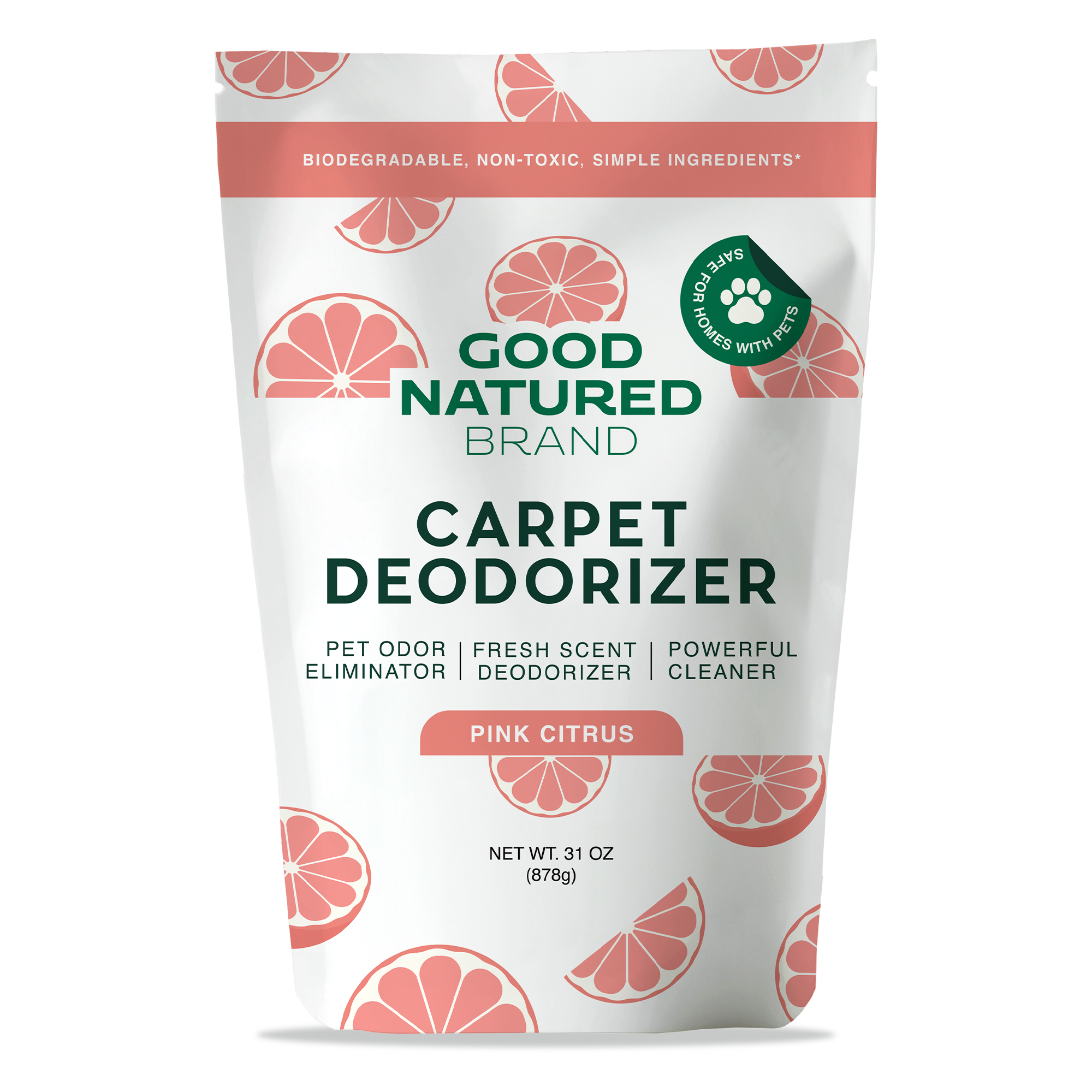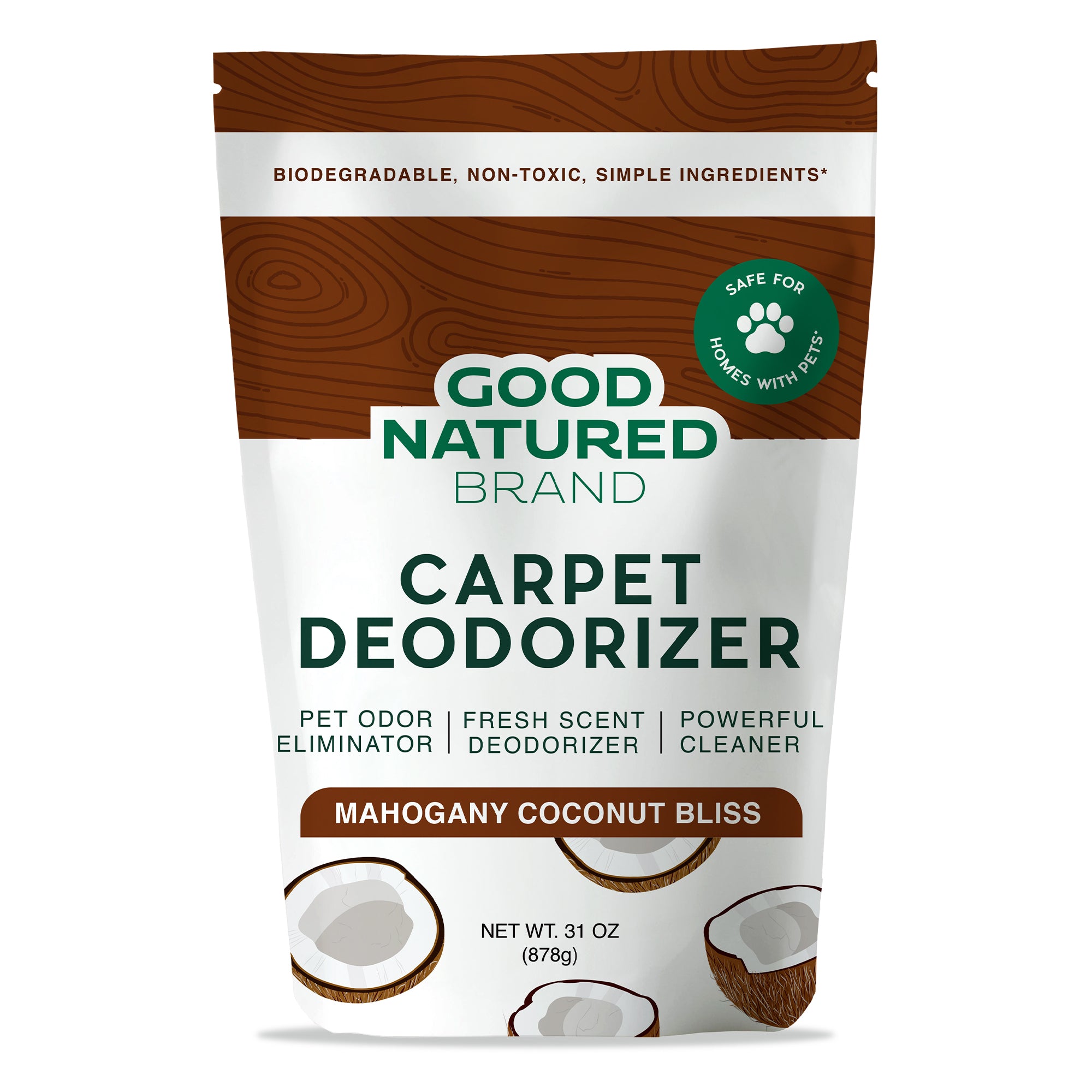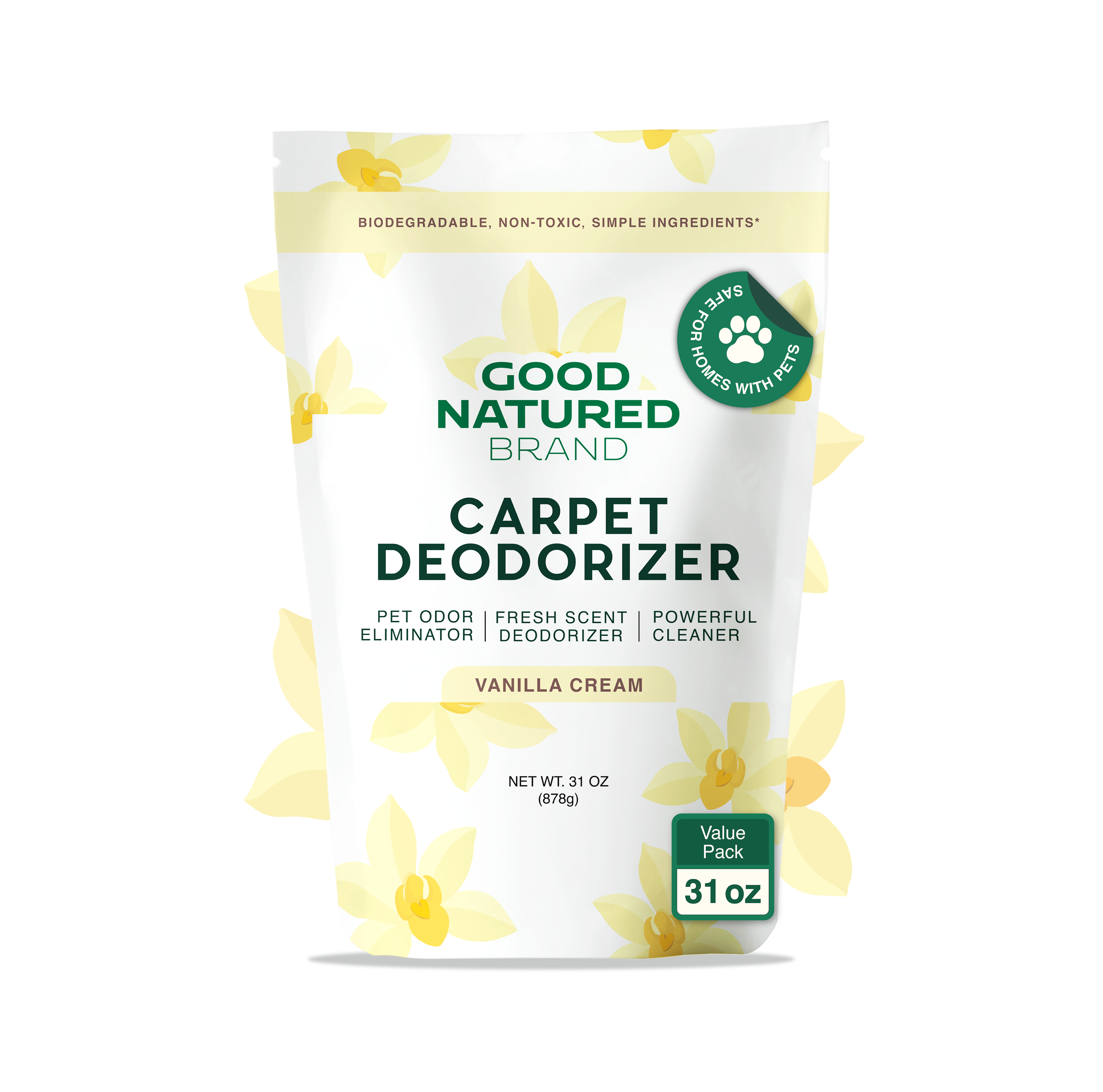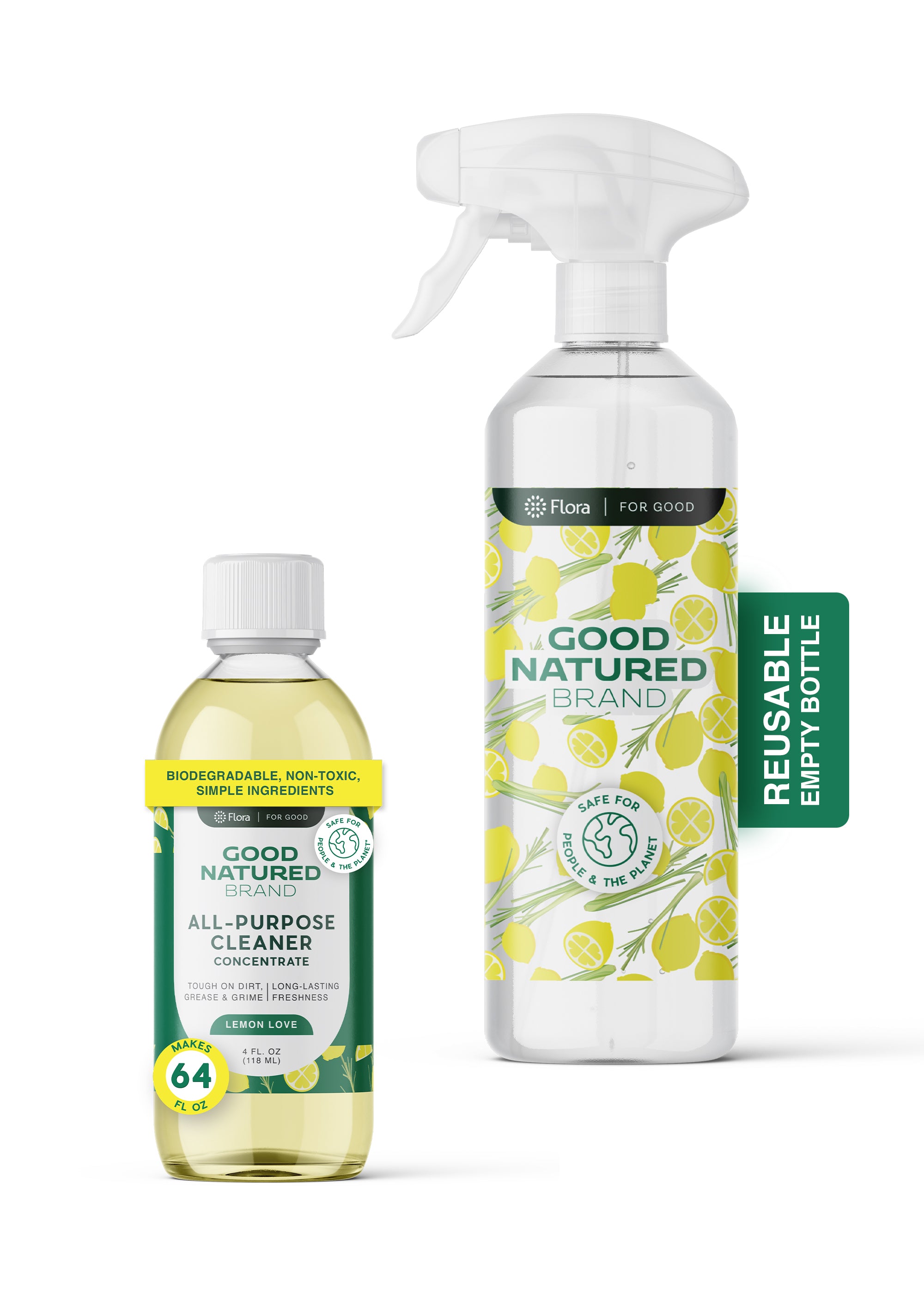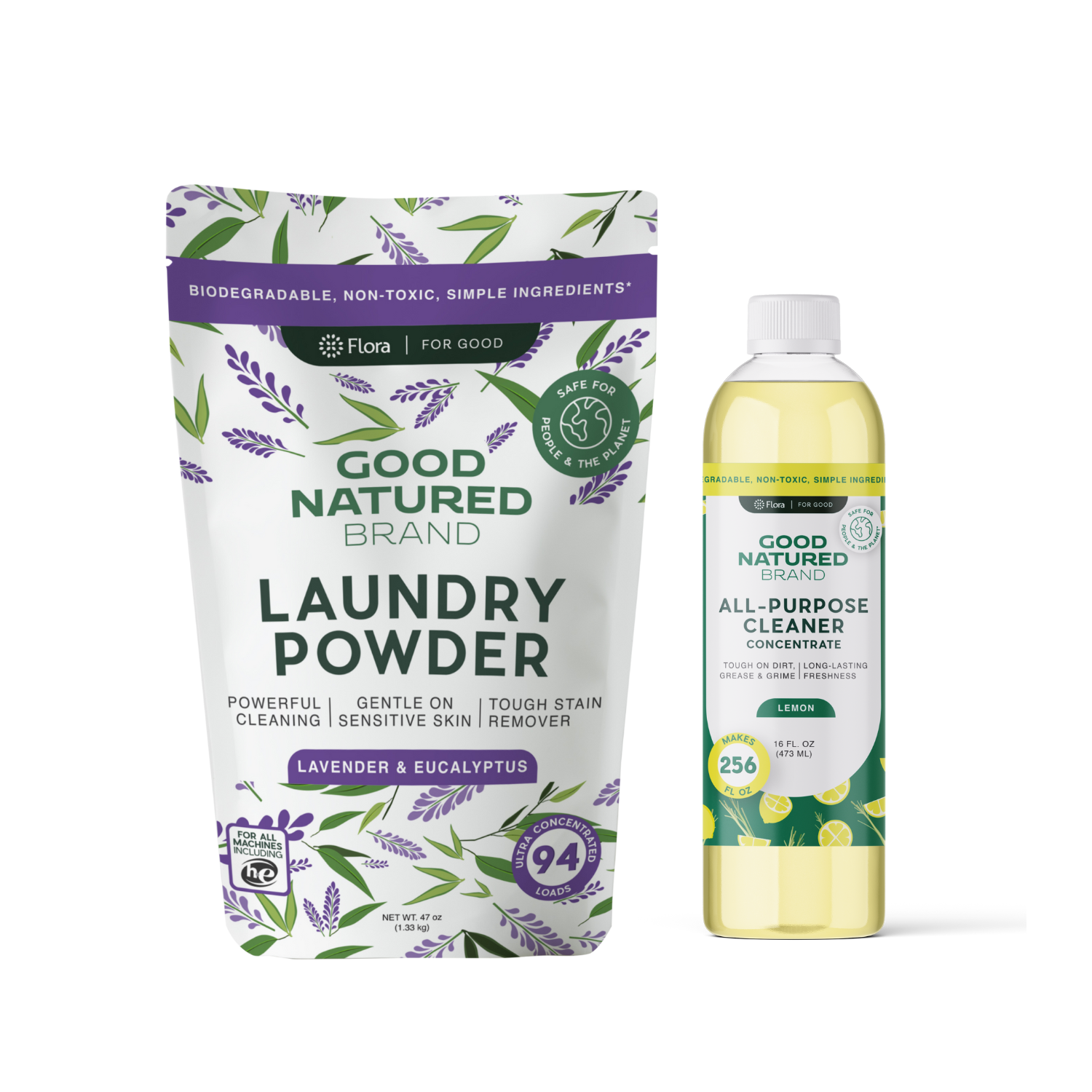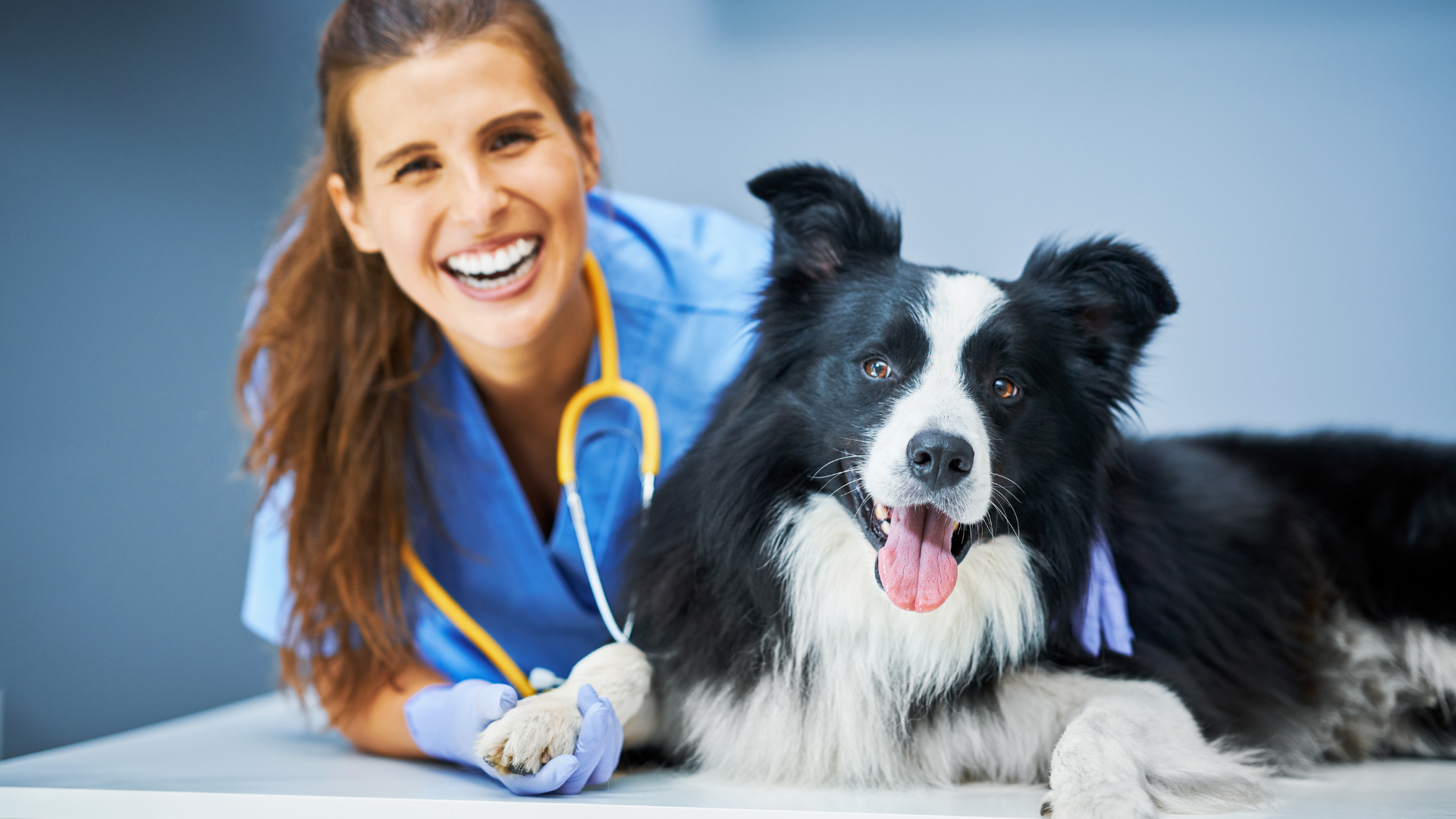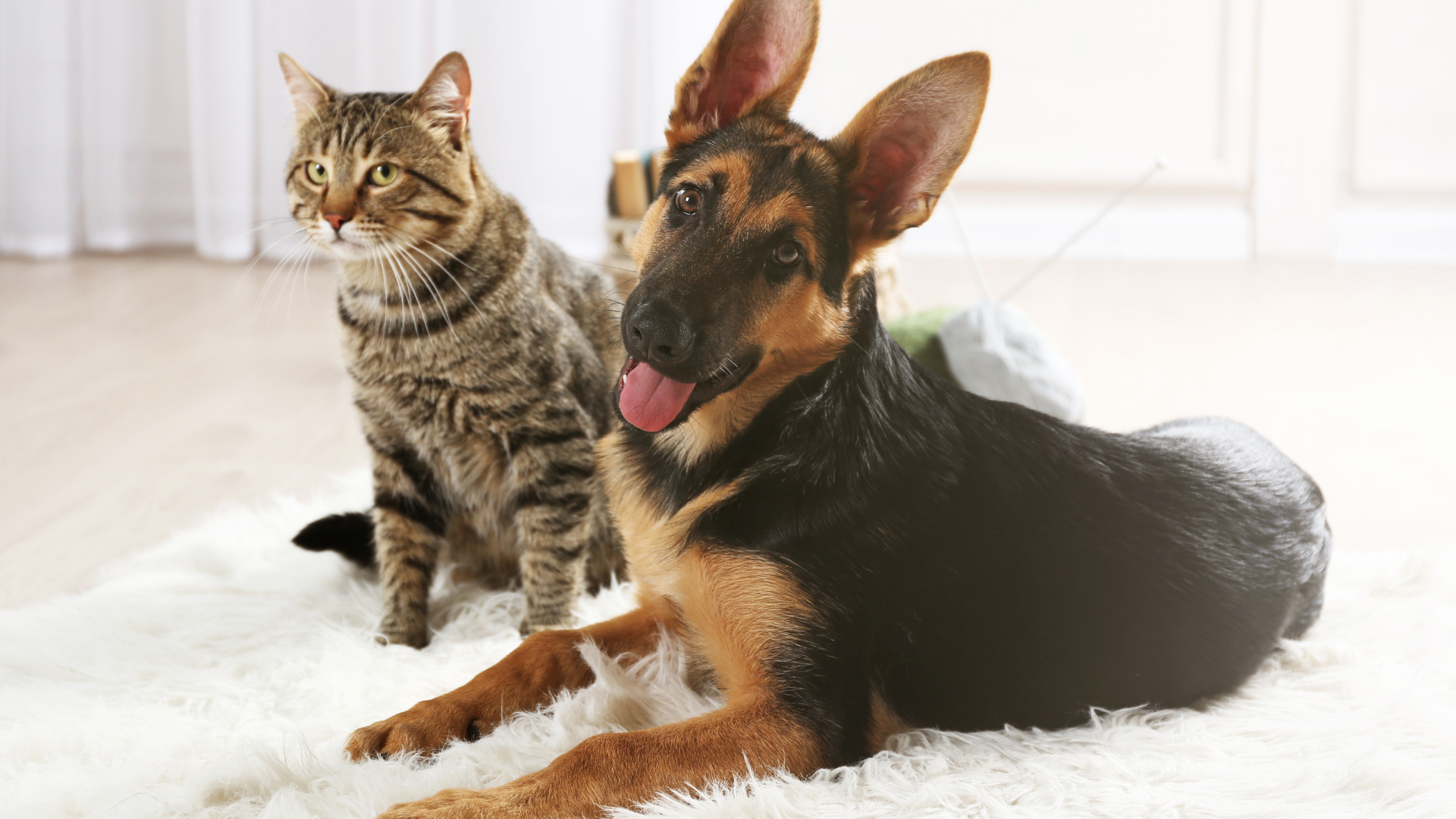As cat parents, we all know how particular our feline friends can be about their food. But what happens when your cat suddenly refuses to eat? You may wonder, how long can cats go without food? While it’s normal for a cat to skip a meal occasionally, going without food for too long can lead to serious—and even life-threatening—health issues.
At Good Natured Brand, we understand that your cat’s well-being is more than just what they eat—it’s about the environment you create for them, too. A clean, safe, and stress-free home plays a major role in keeping cats happy and healthy. In this guide, we’ll explore why cats stop eating, how long they can safely go without food, and what early warning signs to look for.
Why Knowing How Long Cats Can Go Without Food Matters
Cats are creatures of habit. If your cat skips a meal, you might not think it’s a big deal—but unlike dogs or humans, cats have very sensitive metabolisms. Even going without food for 24 hours can cause chemical imbalances in their body. Cats that stop eating for more than 48 hours are at risk of developing hepatic lipidosis, a dangerous liver condition where fat builds up in the liver cells, preventing them from functioning properly.
This means that when your cat refuses food, it’s not just a matter of preference—it’s a medical red flag. Understanding how long cats can go without food can help you act quickly and protect your feline companion from lasting harm.
How Long Can Cats Go Without Food
Generally, cats should never go more than 24–48 hours without eating. After this window, their body starts breaking down stored fat for energy, but cats’ livers are not efficient at processing large amounts of fat. This leads to the buildup of fatty deposits, which can cause liver failure if not treated promptly.
In comparison to humans, who can go days without eating, cats’ systems are far less adaptable. Even short-term fasting can lead to rapid deterioration, especially if your cat is underweight, elderly, or has a pre-existing condition.
Water, however, is even more crucial. Cats can survive slightly longer without food than they can without water—around 2–3 days without drinking can quickly lead to severe dehydration and kidney failure.
To summarize:
-
12 hours: Your cat may feel hungry but generally okay.
-
24 hours: Metabolism begins to slow, and fatigue may set in.
-
48 hours: The risk of liver issues increases significantly.
-
72+ hours: Life-threatening dehydration and organ damage can occur.
If your cat hasn’t eaten for more than 24 hours, contact your veterinarian as soon as possible.
Why Cats Stop Eating
Cats may stop eating for a variety of reasons—some behavioral, others medical. Identifying the root cause is the first step toward getting your cat back to their normal routine.
Environmental Stress
Cats are sensitive to changes in their surroundings. Moving to a new home, a change in routine, or the introduction of a new pet can cause stress, leading to a temporary loss of appetite.
Health Issues
Underlying medical conditions are another common reason for appetite loss. Some possible culprits include:
-
Dental disease: Painful gums or teeth make chewing uncomfortable.
-
Kidney or liver disease: These conditions can cause nausea.
-
Infections or parasites: Gastrointestinal distress may discourage eating.
-
Allergies or reactions: Certain ingredients in food or medications can trigger food aversion.
Food Aversion
Cats can be picky eaters. They may dislike new food textures, smells, or even the temperature of their meals. Food that’s too cold or has gone stale can cause them to turn up their nose.
Unclean Eating Environment
Cats are extremely sensitive to odors and may avoid food if their eating area is dirty. Regularly cleaning their bowls and feeding area with pet-safe products can make a big difference. Using plant-based, non-toxic All-Purpose Cleaners ensures that your cat’s feeding space is fresh and free of harsh chemicals that might irritate their senses.
How Long Can Kittens Go Without Food
Kittens have much higher energy needs and smaller stomachs than adult cats. They also have faster metabolisms, which means they require frequent feeding.
-
Newborn kittens (0–4 weeks): Should nurse every 2–3 hours. Skipping even one feeding can be dangerous.
-
4–8 weeks: Can go about 6 hours between feedings.
-
8+ weeks: Should eat 3–4 times daily.
If a kitten goes more than 12 hours without food, it risks hypoglycemia (low blood sugar), which can lead to lethargy, tremors, and collapse. Kittens are especially vulnerable to dehydration, so it’s essential to ensure they’re drinking water or nursing regularly.
If your kitten hasn’t eaten in several hours, warm up their food slightly or offer a vet-recommended kitten formula to stimulate appetite.
What Happens When Cats Don’t Eat
When cats stop eating, their bodies begin to break down stored fat to produce energy. However, this process overwhelms the liver, leading to the buildup of fatty acids—a condition known as hepatic lipidosis or “fatty liver disease.”
This disease can develop within just a few days of food deprivation. Symptoms include:
-
Yellowing of the eyes or gums (jaundice)
-
Weakness or lethargy
-
Vomiting or drooling
-
Rapid weight loss
-
Loss of coordination
If untreated, hepatic lipidosis can be fatal. The sooner you intervene, the better your cat’s chances of recovery.
During this time, it’s important to keep your cat’s surroundings clean and stress-free. Cats often associate bad smells or cluttered environments with discomfort, which can further discourage eating. Regularly refreshing their living area with pet-safe Carpet Deodorizers can help maintain a calm atmosphere, while washing bedding or blankets with Laundry Powders ensures hygiene and comfort.
Can Cats Go Without Water Too?
While food is essential, water is even more critical. Cats can only survive about two to three days without water, and dehydration can set in much sooner.
Common signs of dehydration include:
-
Dry, sticky gums
-
Sunken eyes
-
Lethargy
-
Skin that doesn’t bounce back when gently pinched
Encourage hydration by:
-
Providing fresh water daily
-
Using a cat water fountain (many cats prefer running water)
-
Offering wet food alongside dry kibble
Cats are naturally clean creatures, so make sure their water bowls are regularly cleaned with All-Purpose Cleaners to prevent bacterial growth. A clean, odor-free environment helps your cat feel comfortable enough to drink and eat freely.
What to Do If Your Cat Hasn’t Eaten for 24 Hours
If your cat hasn’t eaten in a full day, don’t panic, but take action right away. Cats are sensitive to changes in their environment, so try these steps to help them feel safe and comfortable enough to eat again:
1. Eliminate environmental stressors.
Loud noises, new furniture, or visiting guests can make cats anxious. Move your cat’s food bowl to a quiet, familiar area where they feel secure.
2. Warm up their food.
Cats are more attracted to warm, aromatic meals. Gently heating wet food can release enticing smells and encourage them to eat.
3. Offer variety.
Try offering a different texture or flavor—switch from dry kibble to wet food, or mix a bit of tuna water into their meal.
4. Make their eating area clean and inviting.
Cats dislike dirty or smelly feeding areas. Wipe down food mats and nearby surfaces using non-toxic, pet-safe All-Purpose Cleaners. Avoid chemical cleaners with strong odors that might discourage eating.
5. Observe behavior closely.
If your cat is lethargic, drooling, vomiting, or showing other signs of distress, it’s time to contact your veterinarian.
Even if your cat resumes eating after 24 hours, keep an eye on them for the next few days to ensure consistent appetite and normal energy levels.
When to Call the Vet
If your cat hasn’t eaten for more than 24–36 hours or is showing signs of illness, it’s essential to contact your veterinarian. Cats can deteriorate rapidly when deprived of nutrition.
Your vet may perform a physical exam, blood tests, or X-rays to identify the cause of appetite loss. Common treatments include:
-
Appetite stimulants: Medications that encourage your cat to eat.
-
Fluid therapy: For dehydrated cats.
-
Feeding tubes: In severe cases, to ensure proper nutrition until appetite returns.
Never try to force-feed your cat without veterinary guidance—it can lead to choking or aspiration.
Home Remedies to Encourage a Cat to Eat
If your vet rules out serious illness, you can try a few home strategies to gently boost your cat’s appetite:
Warm Their Food Slightly
Cats rely heavily on scent when choosing food. Gently warming their wet food enhances its aroma, making it more appealing.
Offer Strong-Smelling or Tasty Add-Ins
Add a spoonful of unsalted chicken broth, tuna water, or baby food (without onion or garlic). The smell and flavor can often tempt picky eaters.
Feed in a Calm, Private Space
Some cats prefer privacy during meals. Try feeding your cat in a separate room away from other pets and distractions.
Keep Feeding Bowls and Surroundings Clean
Cats may avoid food if their bowls smell of old food or chemicals. Wash their bowls with gentle, fragrance-free All-Purpose Cleaners and rinse thoroughly.
Clean Their Environment Regularly
A fresh, odor-free home helps reduce stress. Use Carpet Deodorizers to eliminate lingering pet odors and maintain a calm, pleasant atmosphere. Wash your cat’s bedding and blankets with Laundry Powders to keep their resting areas hygienic and inviting. Cats are far more likely to eat when they feel relaxed and comfortable in their surroundings.
The Role of Cleanliness in Feline Health
Cats are meticulous by nature. A dirty home or feeding area can make them anxious, which often leads to appetite loss. Maintaining a clean environment doesn’t just make your home smell good—it supports your cat’s physical and emotional health.
Keep Odors Under Control
Lingering smells, especially from litter boxes or food waste, can deter cats from eating. Neutralize odors naturally with Carpet Deodorizers instead of harsh air fresheners that may irritate your pet’s senses.
Wash Fabrics Safely
Your cat’s bedding, blankets, and favorite nap spots should be washed regularly using Laundry Powders. These are free from synthetic fragrances and harsh chemicals, making them gentle on both your cat’s skin and your home.
Disinfect Gently
Clean food prep areas, litter box surroundings, and cat carriers using plant-based All-Purpose Cleaners. These eco-friendly options keep your cat’s environment free of germs without exposing them to toxic residues.
Cleanliness supports appetite by creating a sense of safety. When cats feel comfortable, they are more likely to eat and thrive.
How Long Can a Sick Cat Go Without Food
When a cat is sick, its body becomes less resilient. A healthy cat might last 48 hours without food, but a sick cat can experience rapid decline in just 12–24 hours. Illnesses such as kidney disease, infections, or dental problems can reduce appetite and energy.
If your cat is ill and not eating, don’t delay—consult your vet immediately. In some cases, treatment of the underlying condition will restore appetite naturally. In others, the vet may recommend high-calorie recovery diets or assisted feeding.
What to Feed a Cat That Won’t Eat
If your cat refuses its regular food, try offering something bland, moist, and easy to digest.
Safe food options include:
-
Boiled chicken or turkey (unseasoned)
-
Low-sodium chicken or bone broth
-
Wet food warmed slightly to enhance aroma
-
Prescription recovery food recommended by a vet
Avoid feeding your cat anything containing onions, garlic, or heavy seasoning, as these can be toxic. Reintroduce food slowly to prevent stomach upset.
If your cat’s appetite returns, continue monitoring meal patterns and hydration levels for at least a week.
Preventing Appetite Loss in Cats
Prevention is always easier than treatment. Here are ways to maintain consistent appetite and overall well-being in your cat:
-
Stick to a feeding routine: Cats thrive on consistency. Feed them at the same times each day.
-
Keep their food and water bowls clean: Regular cleaning with All-Purpose Cleaners helps prevent bacteria buildup.
-
Provide fresh water daily: Use wide, shallow bowls or fountains to encourage drinking.
-
Reduce household stress: Keep noise levels low and avoid sudden changes to their environment.
-
Maintain a clean home environment: Use Carpet Deodorizers to remove odors naturally and Laundry Powders to keep soft surfaces fresh and allergen-free.
A calm, consistent environment helps cats feel safe and secure—two key ingredients in maintaining a healthy appetite.
Frequently Asked Questions About Cats Going Without Food
Can cats survive three days without food?
No. While some cats might live that long, severe dehydration and organ failure are likely after 72 hours without food or water.
Should I force-feed my cat if it won’t eat?
Never force-feed without veterinary supervision. It can cause injury or make your cat more fearful of eating.
How long can cats go without water?
Most cats cannot survive longer than 2–3 days without water. Dehydration is a serious emergency.
My cat only eats treats—what should I do?
Treats should never replace balanced cat food. Offer smaller, more frequent meals of wet food to transition your cat back to a proper diet.
Can stress really cause a cat to stop eating?
Yes. Cats are highly sensitive to environmental stressors. A change in routine, new pet, or loud noise can easily disrupt their appetite.
Final Thoughts: Protecting Your Cat’s Health and Happiness
Cats may seem independent, but their health depends heavily on attentive care and observation. Knowing how long cats can go without food helps you recognize warning signs before they become emergencies.
By acting quickly when your cat stops eating and maintaining a clean, stress-free environment, you can prevent many health issues from developing in the first place.
Choosing eco-friendly, pet-safe cleaning products such as All-Purpose Cleaners, Carpet Deodorizers, and Laundry Powders helps you create a healthier home that supports your cat’s well-being in every way.
For more practical guides on pet care, eco-conscious living, and natural cleaning, visit the Good Natured Brand Blog. At Good Natured Brand, we believe that a happy, healthy pet starts with a safe, clean, and loving home.
